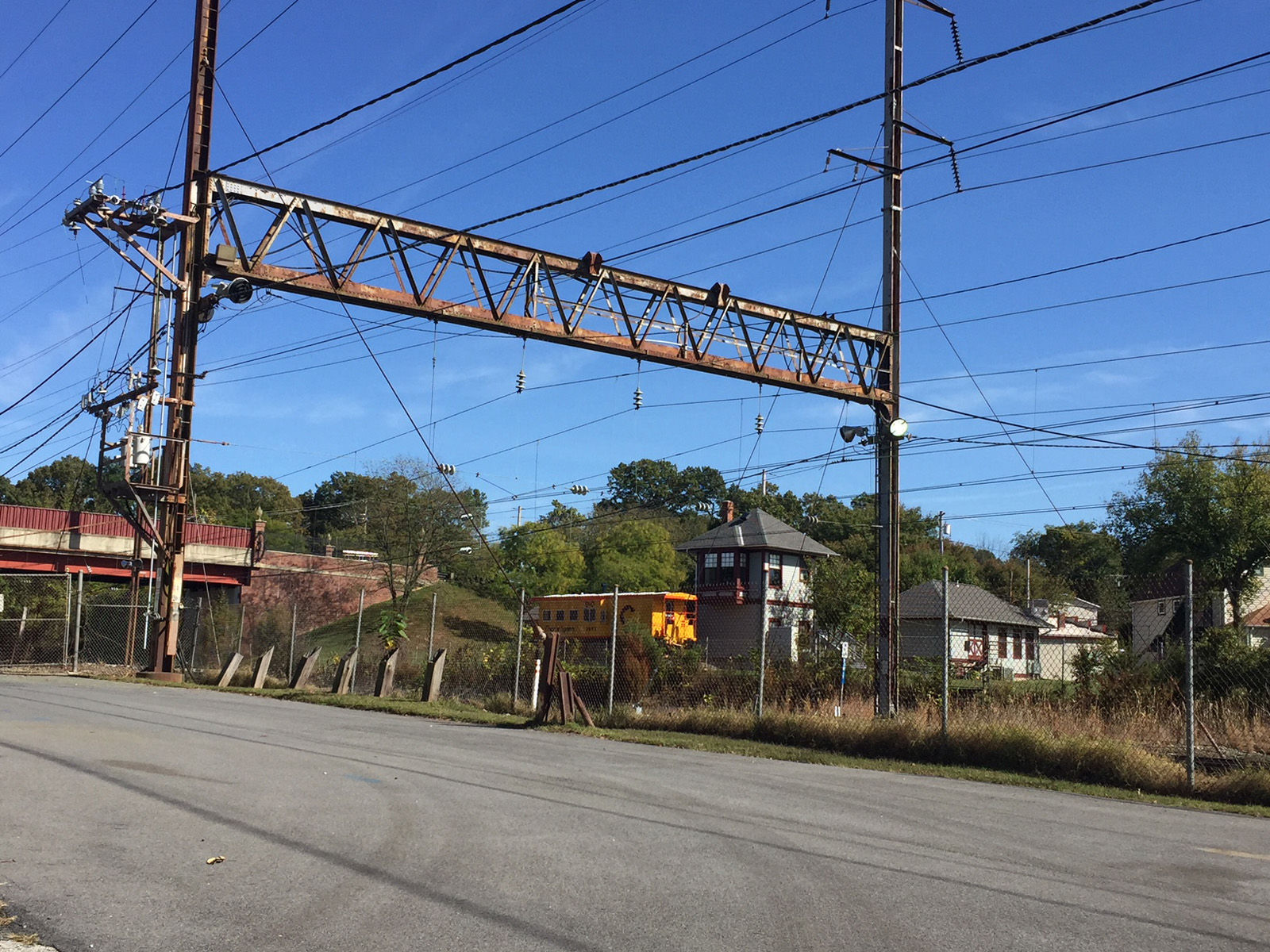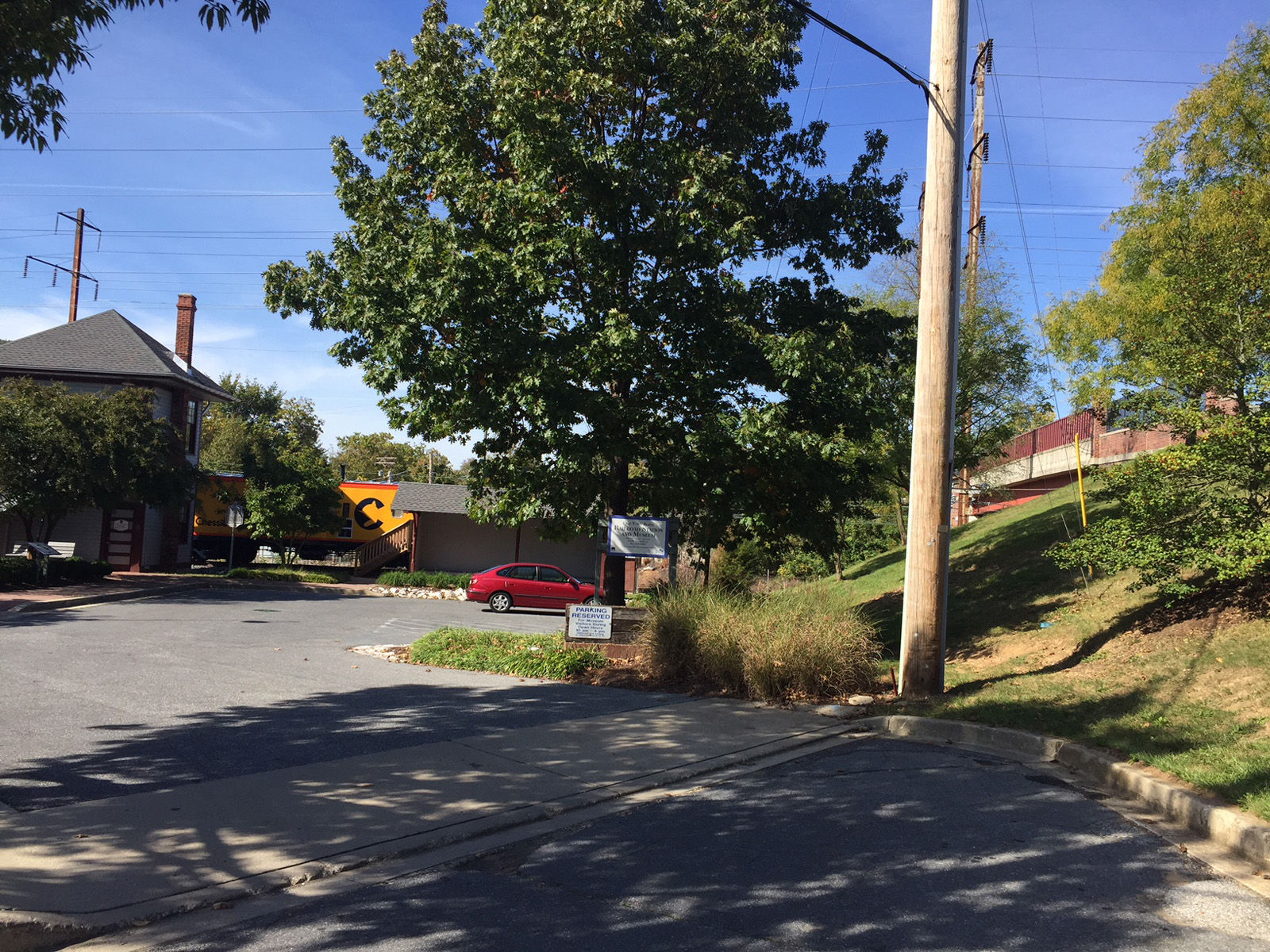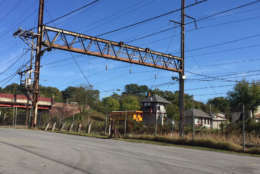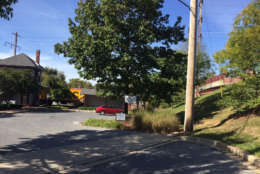





WASHINGTON — Members of the Prince George’s County legislative delegation are vowing to kill the controversial maglev train before the high-speed, levitating transit system can even get off the ground.
Residents of Bowie, Odenton, Linthicum and other neighborhoods, began the fight months ago after they discovered some of the potential routes would slice through neighborhoods and run near elementary schools.
In recent weeks, some of the proposed routes have been scrapped, in large part because of the growing residential opposition. But one of three routes still on the table would run through Seabrook, Glen Dale, and parts of Old Town Bowie, creating the potential for some residents to lose their homes.
“Our position is to drive a stake in the heart of this thing and leave it as a zombie,” Bowie Mayor Fred Robinson said last weekend.
Several lawmakers who gathered with him laid out their strategy for doing just that.
State Sen. Douglass “J.J.” Peters organized last weekend’s event. As a member of the Senate Budget and Taxation Committee, he vowed the multibillion dollar project won’t be getting any taxpayer dollars.
“What we’re going to do is cut the funding, plain and simple,” Peters said. “Not restrict the funding, but cut the funding.”
Right now the project is being studied through a federal transportation grant.
Opponents of the project worry that at some point, it’ll be on Maryland taxpayers to spend millions in annual maintenance costs.
In addition to funding, delegates Marvin Holmes and Joe Vallario vowed to change existing eminent domain laws, in order to eliminate any chance the project can seize land from private citizens.
“Your voices have been heard,” Vallario said.
“Eminent domain is a very crucial part of this thing,” he added, vowing to make sure that changes to the law that will help block the project will “move like a train” through the Judicial Proceedings committee he chairs.
“This is a private company. Where does a private company get the authority for eminent domain?” Vallario asked.
He then promised to make sure it won’t happen here.
Meanwhile, the Anne Arundel County Board of Education will formally vote on a resolution that expresses “adamant opposition” to the maglev when it meets Nov. 1.
The draft statement says in part that four elementary schools, which enroll more than 2,000 students combined, sit right in the path of the train line and would suffer “severe and potentially irreversible impacts wrought by a transit system that would offer little in the way of local benefit.”







